Tag: washington
-
Arizona is 7th state to order in-person school instruction, others schedule openings
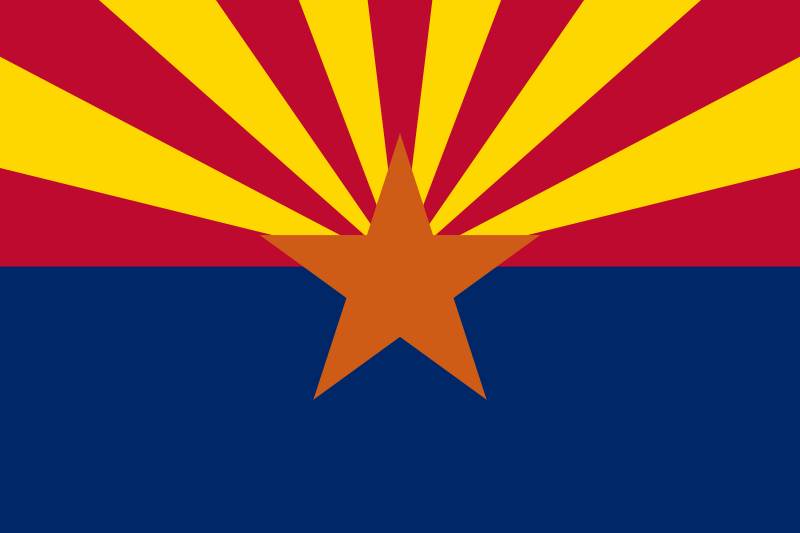
On March 15, Arizona became the seventh state to require at least part-time instruction for certain grade levels. Oregon will join the list in two weeks, and Washington will join in three. Gov. Doug Ducey’s (R-Ariz.) March 3 executive order requiring public schools to offer in-person instruction took effect March 15. High schools and middle…
-
Washington Supreme Court rejects recall petition of county sheriff

A petition seeking to recall John Snaza from his position as sheriff of Thurston County, Washington, was ruled to be legally and factually insufficient by the Washington Supreme Court on February 11, 2021. This court ruling ended the recall effort. The recall effort started after the sheriff’s office released a statement on June 24, 2020,…
-
Washington initiative signature deadline passes with no campaigns submitting signatures
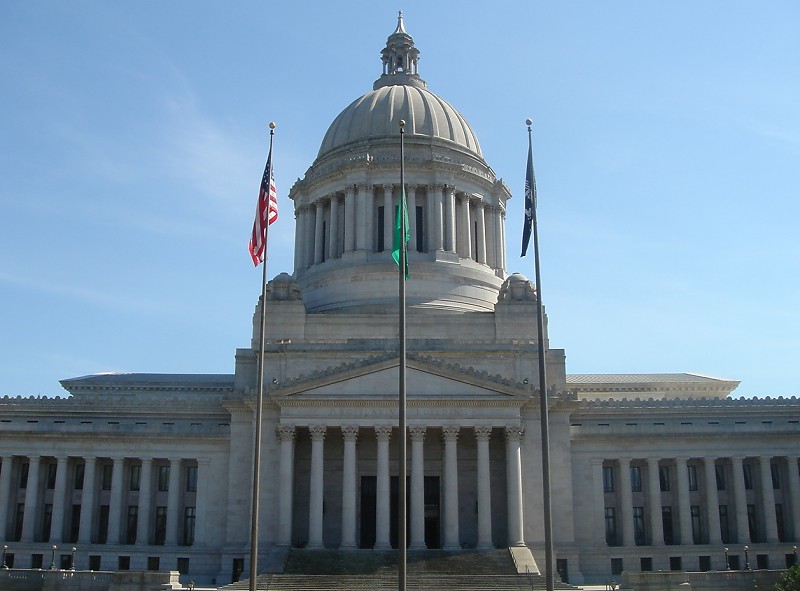
Citizens of Washington may initiate legislation as either a direct state statute—called Initiative to the People (ITP) in Washington—or indirect state statute—called Initiative to the Legislature (ITL) in Washington. In Washington, citizens also have the power to repeal legislation via veto referendum. Citizens may not initiate constitutional amendments. The signature deadline for 2021 Washington Initiatives…
-
Signature deadline for 2021 Initiatives to the Legislature in Washington is Dec. 31
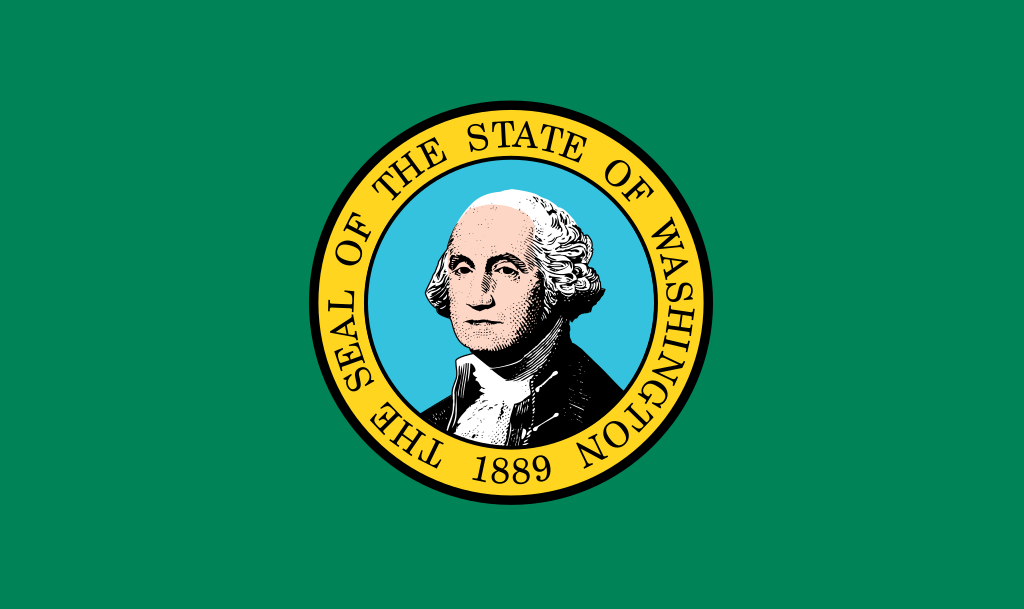
The signature deadline for 2021 Washington Initiatives to the Legislature (ITL) is December 31, 2020. Initiative to the Legislature is the name of indirect initiated state statutes in the state of Washington. For an ITL to be taken up by the Washington State Legislature and potentially put on the ballot in 2021, proponents must submit…
-
Washington Governor Inslee appoints new chief of staff

Gov. Jay Inslee (D) appointed Jamila Thomas as his chief of staff on Nov. 5. Thomas succeeds former Chief of Staff David Postman, who served from December 2015 to November 2020. According to a press release, Inslee said of Thomas, “Jamila brings a deep understanding of state government. She is a strategic thinker with extensive…
-
Washington Supreme Court sets timeline for appeal of recall petition against Seattle councilmember

The Washington Supreme Court will consider the appeal of a recall petition against Seattle City Councilmember Kshama Sawant before the end of the year. Sawant filed an appeal in October after a superior court judge certified that four of the six grounds in the recall petition against her were legally sufficient to move the recall…
-
Republican Kim Wyman wins third term as Washington Secretary of State
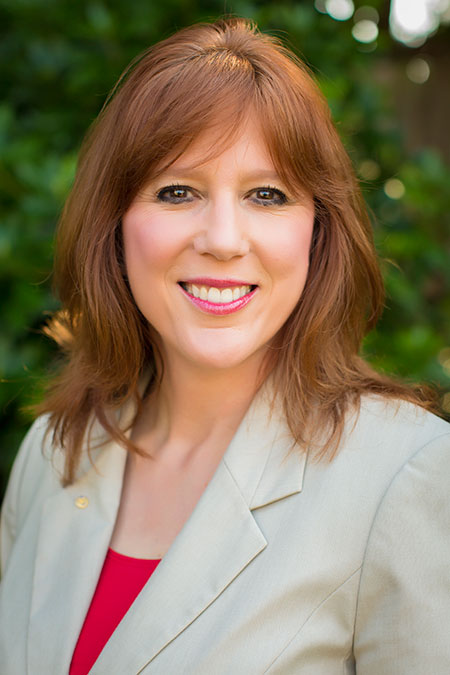
Incumbent Kim Wyman (R) defeated Gael Tarleton (D) in the election for Washington Secretary of State, winning a third term as the state’s top elections administrator. Wyman was first elected to the office in 2012 and won re-election over challenger Tina Podlodowski (D), 55% to 45%, in 2016. Preliminary results suggest Wyman won by a…
-
Washington State Supreme Court overrules recall petition against Seattle mayor
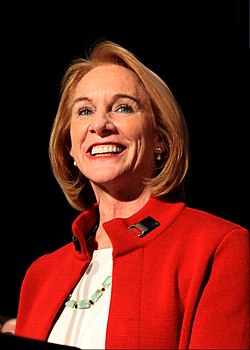
On October 8, 2020, the Washington State Supreme Court reversed a lower court ruling which allowed a recall effort against Seattle Mayor Jenny Durkan (D). The supreme court’s unanimous order read, “The allegations in this case are deeply troubling and our review requires that we treat the factual allegations as true. Nevertheless, after carefully considering…
-
Whitener, Serns compete in Washington State Supreme Court election

Incumbent G. Helen Whitener and Richard Serns are running in the special general election for Washington State Supreme Court Position 6 on November 3, 2020. Whitener was appointed by Governor Jay Inslee (D) on April 13, 2020, following Justice Charles K. Wiggins’ retirement. Whitener was previously a judge on the Pierce County Superior Court, on…
-
What statewide ballot measures will Washington voters decide on November 3?

Voters in Washington will decide six statewide ballot measures on November 3: two binding measures and four nonbinding tax advisory questions. This year is the first presidential election year since 1928 in which the Washington ballot will not feature an Initiative to the People (ITP), a citizen-initiated state statute for which groups collect signatures to…

